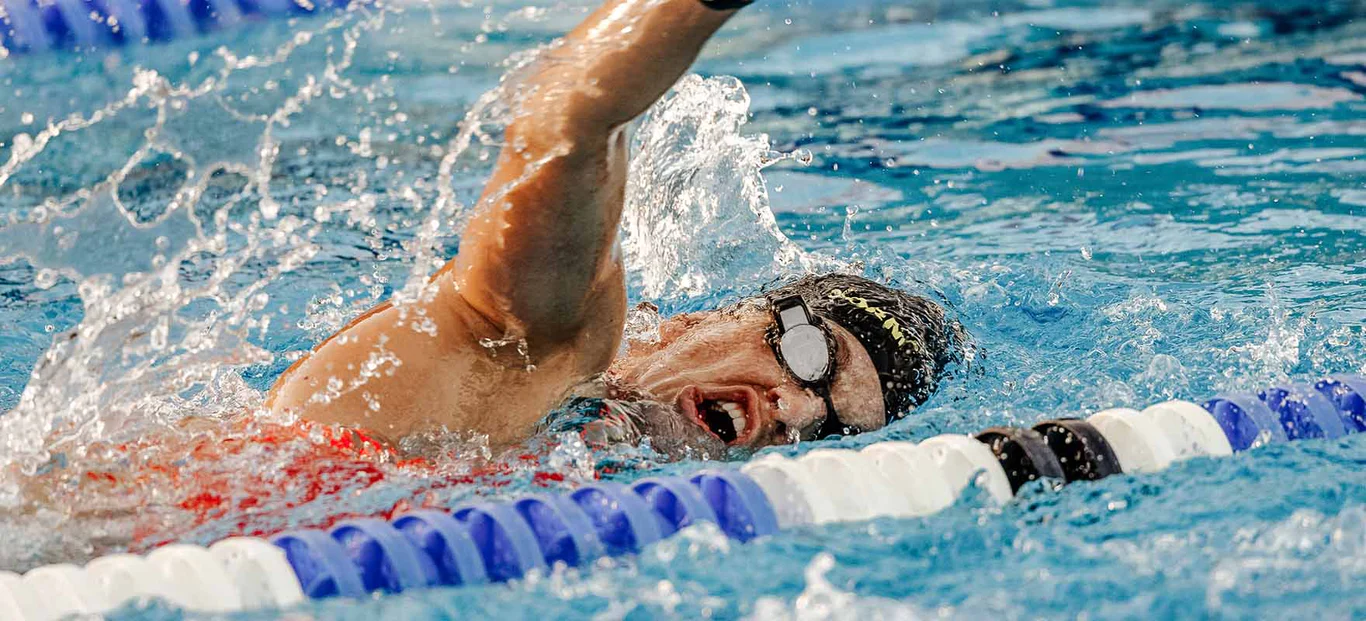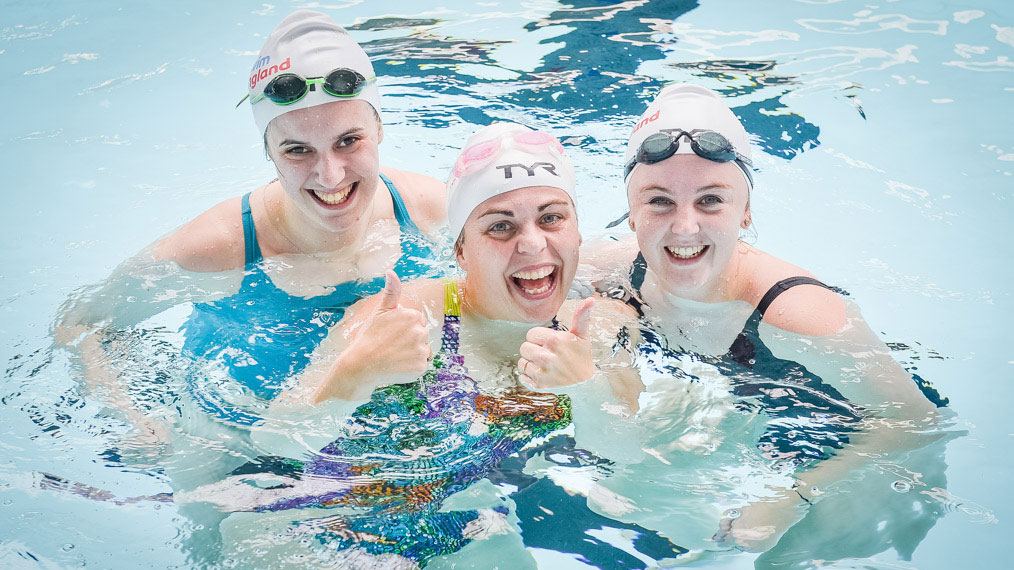Competitive swimming demands not only physical prowess but also mental fortitude and technical precision. To excel in this challenging sport, swimmers must continually refine their techniques, build endurance, and develop a winning mindset. Here are some essential training tips to help competitive swimmers achieve their best performance.
1. Perfect Your Technique
Why It’s Important: Proper technique maximizes efficiency and speed while reducing the risk of injury.
How to Do It:
- Hire a Coach: A professional coach can provide personalized feedback and correct your form.
- Video Analysis: Use underwater cameras to record your strokes and identify areas for improvement.
- Drills: Incorporate technique-focused drills into your training routine to refine specific aspects of your stroke.
2. Build Endurance
Why It’s Important: Endurance is crucial for maintaining speed and performance throughout a race.
How to Do It:
- Interval Training: Alternate between high-intensity sprints and low-intensity recovery periods.
- Long-Distance Sets: Incorporate long-distance swims into your workouts to build aerobic capacity.
- Consistency: Train regularly to gradually improve your stamina and endurance.

3. Strength Training
Why It’s Important: Strength training enhances muscle power, which translates to faster swimming.
How to Do It:
- Dryland Exercises: Incorporate exercises like squats, lunges, and core workouts to build overall strength.
- Resistance Training: Use resistance bands and weights to target specific muscle groups used in swimming.
- Balance Training: Include exercises that improve stability and balance, which are crucial for efficient strokes.
4. Focus on Flexibility
Why It’s Important: Flexibility enhances your range of motion, allowing for more efficient and powerful strokes.
How to Do It:
- Stretching Routines: Incorporate dynamic and static stretching exercises into your warm-up and cool-down routines.
- Yoga: Practice yoga to improve flexibility, balance, and mental focus.
- Regular Sessions: Dedicate time to stretching every day to maintain and improve flexibility.
5. Optimize Nutrition
Why It’s Important: Proper nutrition fuels your body for intense training sessions and helps with recovery.
How to Do It:
- Balanced Diet: Consume a diet rich in lean proteins, complex carbohydrates, and healthy fats.
- Hydration: Stay hydrated by drinking plenty of water before, during, and after workouts.
- Recovery Foods: Eat foods that aid in muscle recovery, such as bananas, nuts, and lean meats, after training sessions.
6. Mental Training
Why It’s Important: Mental strength and focus are key to handling the pressures of competition.
How to Do It:
- Visualization: Practice visualizing your races, focusing on executing perfect strokes and turns.
- Mindfulness: Incorporate mindfulness techniques such as meditation and deep breathing exercises to stay calm and focused.
- Positive Self-Talk: Develop a habit of positive self-talk to boost confidence and reduce anxiety.
7. Effective Rest and Recovery
Why It’s Important: Rest and recovery are essential for muscle repair and overall performance improvement.
How to Do It:
- Sleep: Ensure you get adequate sleep each night to aid recovery and improve performance.
- Rest Days: Schedule regular rest days to prevent overtraining and reduce the risk of injury.
- Active Recovery: Engage in low-intensity activities like walking or light swimming on rest days to promote blood flow and recovery.
8. Monitor Progress
Why It’s Important: Tracking progress helps you stay motivated and adjust your training as needed.
How to Do It:
- Keep a Training Log: Record your workouts, noting distances, times, and how you felt.
- Set Goals: Establish short-term and long-term goals to keep yourself motivated and focused.
- Regular Assessments: Periodically assess your performance and technique with your coach to identify areas for improvement.
Conclusion
Competitive swimming requires a comprehensive approach to training that includes perfecting technique, building endurance, enhancing strength, and fostering mental resilience. By following these training tips, competitive swimmers can improve their performance and achieve their goals in the pool. Remember, consistency and dedication are key to success in swimming. So dive in, train hard, and enjoy the journey to becoming a top competitive swimmer.


